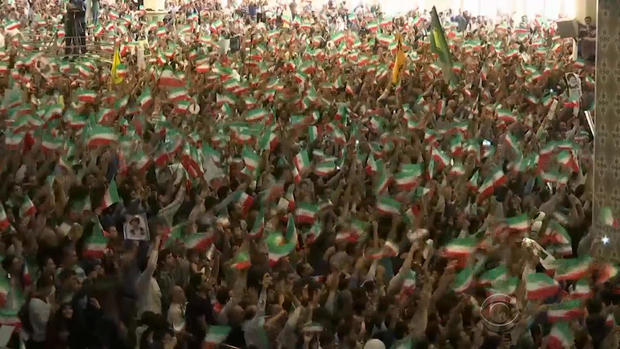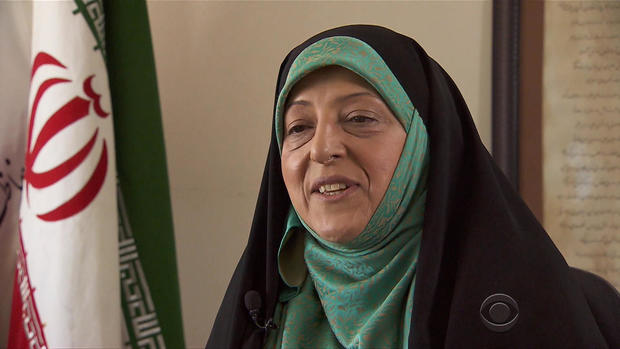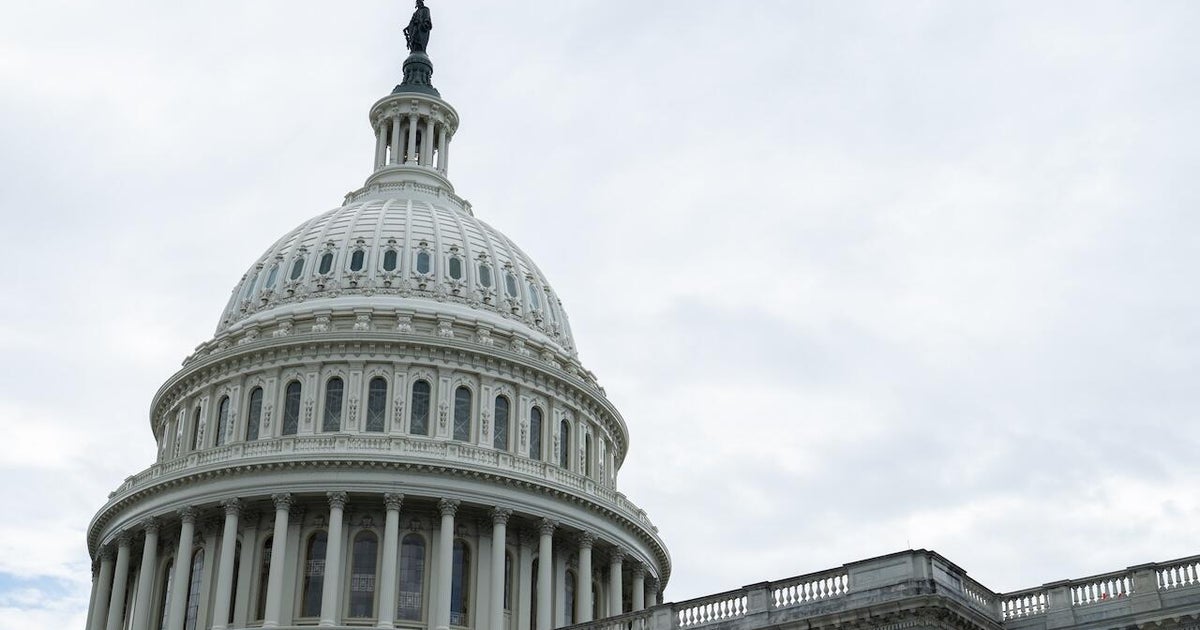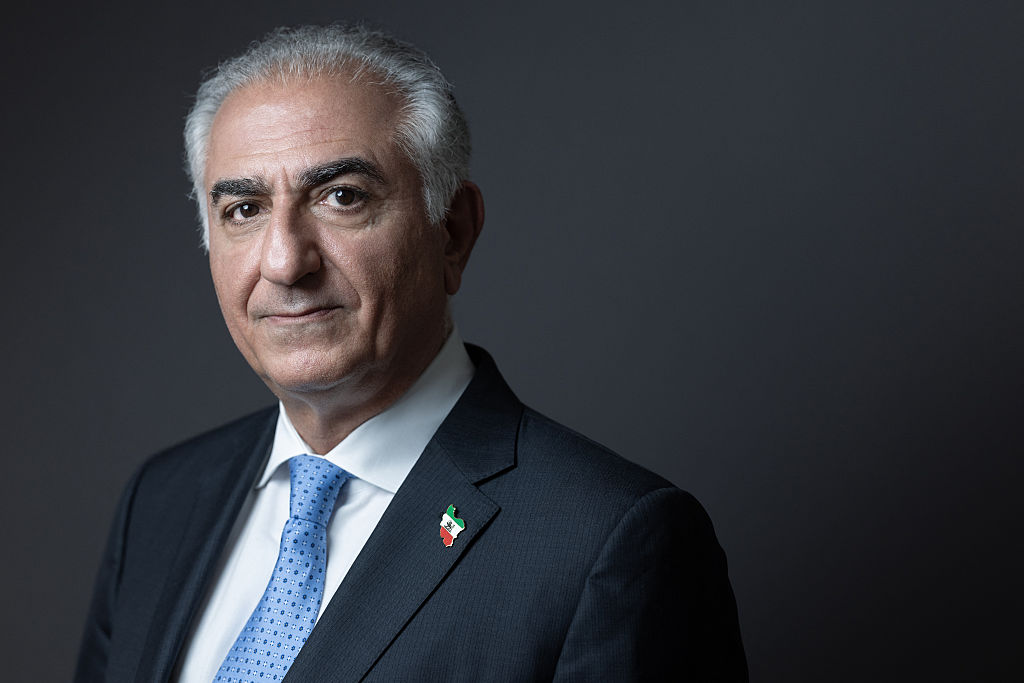Iranian presidential election pits liberal reformer against hardliner
TEHRAN -- Iran voted for a new president on Friday, with results yet to come in. The campaign had a familiar theme: The populist facing the incumbent.
This race came down to a clear choice between the current moderate President Hassan Rouhani, whose promises for liberal reforms appeal to young people, and the hardliner Ebrahim Raisi, a populist who has promised his working-class base cash handouts and millions of jobs.
One key thing Iranians are voting on is how their country will relate to the U.S. and the rest of the world, with openess and cooperation led by Rouhani, the reformist, or with suspicion and hostility under the conservative Raisi.
Thirty-eight years ago, revolutionary Iranian students held 52 Americans hostage in the U.S. embassy. Their spokeswoman was Masoumeh Ebtekar.
Today, she's one of Iran's vice presidents. She's done something of a 180 over the years and now hopes for better relations with the U.S.
Are they likely to come under President Trump, who is on the record as saying that Iran is a hostile presence, a problem?
"He's also changing a lot of his positions as well," Ebtekar says. "He's also making a lot of U-turns."
Ebtekar says she hopes Mr. Trump will adjust to the realities when it comes to positions on Iran.
Realities like the nuclear deal, which was backed by millions of voters in Iran who hope it was the first step toward even stronger ties with the U.S.
But another reality is that -- at the moment -- there's absolutely no sign the Trump White House is sharing the love.
In fact, the U.S. added some fresh sanctions against Iran this week, so the signs are that things are about to get decidedly frosty.






